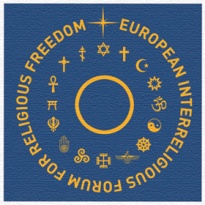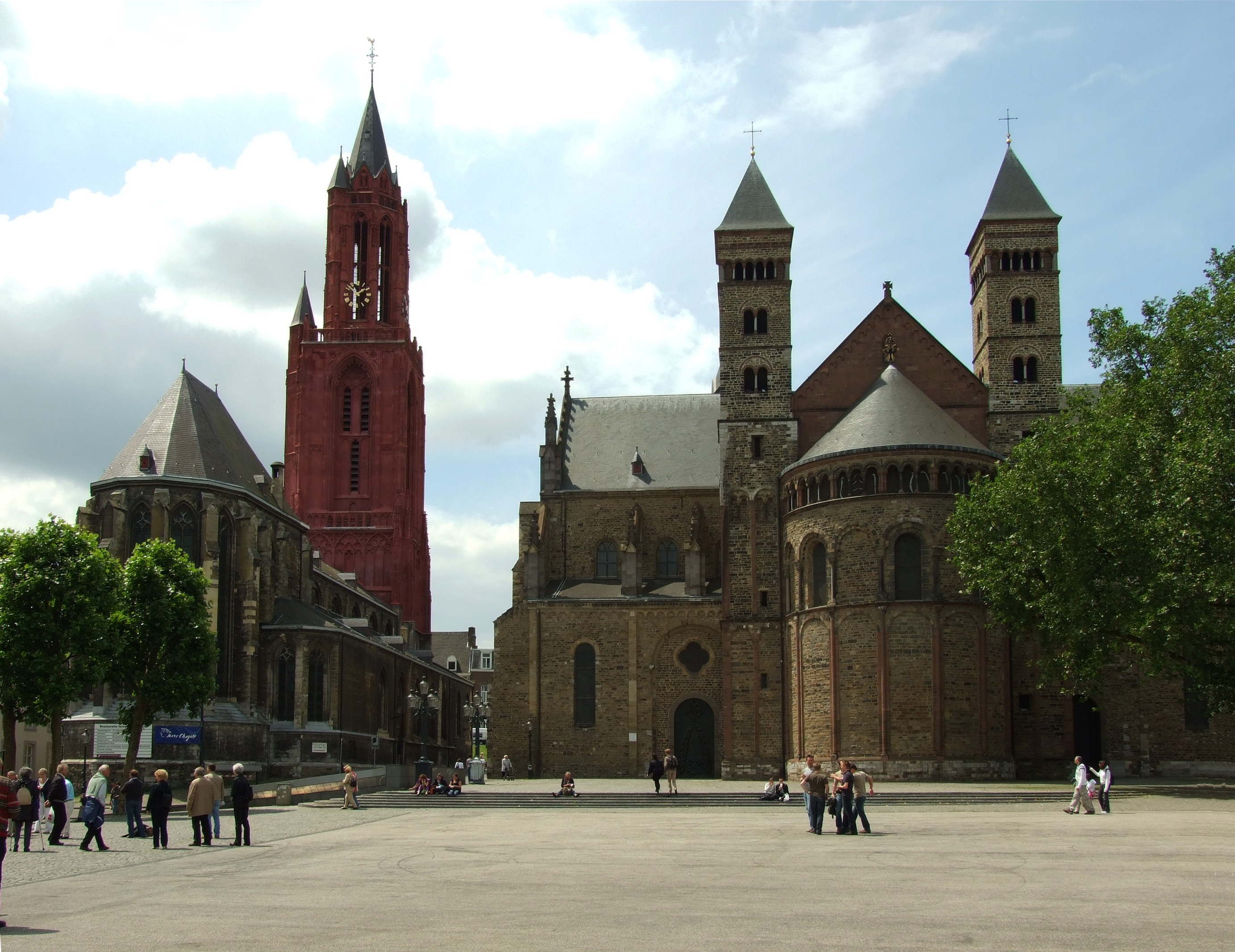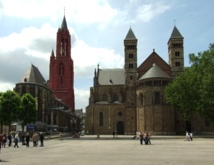The Dutch "Tweede Kamer" (House of Representatives) was asked to create a sub-commission to investigate the Sect Phenomenon in the Netherlands and the report was published in 1984. An effort was made to guarantee scientific methodology and objectivity during the study and the Report thus qualified as a Doctorate Thesis at the University (Thomas Witteveen 1984 Groningen). This was not a small accomplishment at a time that "deprogramming" of "sect members" was still actively pursued in several countries (including the Netherlands).
No danger for people's spiritual health
The general conclusion of the 1984 report stated (strictly avoiding the word "sects"):
"New Religious Movements generally do not create a danger for people's spiritual health"
"The Principle of Freedom of Religion guarantees individual citizens spiritual Liberty and the opportunity to practice his beliefs"
"The idea that New Religious Movements coerce people to become a member and condition them to stay within the Movement is not confirmed by our investigation"
In its accompanying letter to the Minister of Justice (May 1984), the sub commission stated that:
"The conclusions of the Report do not provide any ground to request special preventive measures including concerning the situation of minors and psychotherapeutic activities."
Belgium had a different approach
Several murders and suicides between 1994 and 1997 related to the "Ordre du Temple Solaire (OTS)", (International Chevaleresque de Tradition Solaire), founded by Luc Jouret shook Belgian Public opinion and authorities and jump started Belgian actions against "dangerous sects", including the publication of a 180+ list of them (the existence of that list was subsequently either denied or redefined as just "informative").
Belgium continued its divergent policies from the Dutch but borrowed from France, and in 2006 longtime member of CIAOSN (the Belgian information center on "dangerous sects") Henry de Cordes, still disagreed with the 1984 Dutch study and continued to dismiss its conclusions in an ICSA E-Newsletter, Vol. 5, No. 1, February 2006 (ICSA stands for International Cultic Studies Association):
"Did he (referring to Witteveen, the author of the Dutch report) conform to the social consensus on new religious movements to achieve his Ph.D.? These questions would be without interest if the Witteveen report were just an academic work, but it also guided the Dutch authorities in their attitude toward sectarian organizations-namely, the policy of having no policy".
He got an instant reply from Richard Singelenberg M.A, a Dutch social Anthropologist:
"De Cordes implies that somehow scores of investigators were governed by political motivations rather than by sound research. Though this would be an interesting line of inquiry, the author fails to substantiate this suggestive claim. As it stands now, de Cordes' analysis of the historical situation in The Netherlands is nothing short of an ill-founded caricature".
In the Netherlands the situation on the anti-sect front did not evolve significantly for more than 15 years. In fact, even S.O.S failed in its attempts to establish its own "rehabilitation center", and was disbanded in 1991.
A Dutch television program brought "sects" back in focus
Suddenly, in 2011 "Undercover in Nederland ", a television documentary about a cult called "Miracle of Love", since renamed "Center For the Golden One", caused a media stir and big public attention in 2011.
The Minister of Justice was questioned in the House of Representatives, but responded that no criminal offences could be established and that therefore no action could be taken.
Dutch Parliament requested a new study
However, after having watched the program themselves, various members of the House urged the Minister to order a new study into the abuses in "cults", with focus on the adequacy of the set of instruments at the disposal of law enforcement.
The study was done by Bureau Beke (Arnhem, The Netherlands), specialized in R&D, developing government decision making, security and project support. It was published in 2013 under the title "Warm bad en koude douche"(*), a reference to allegations often spread by the anti-sect lobby that new "sect" members receive an friendly welcome (warm bath), but once indoctrinated, face the hard reality of abuse (cold shower).
The Netherlands 2013: "Sects" do not pose a danger to the legal order or to public health
The authors of the 2013 study also conclude, considering the scope of the research study:
"It can be concluded that the problems observed do not pose a danger to the legal order or to public health, just as had been concluded in previous research in the 1984 study".









 More than 100 NGOs and personalities write to French Parliamentarians about the law on cults
More than 100 NGOs and personalities write to French Parliamentarians about the law on cults